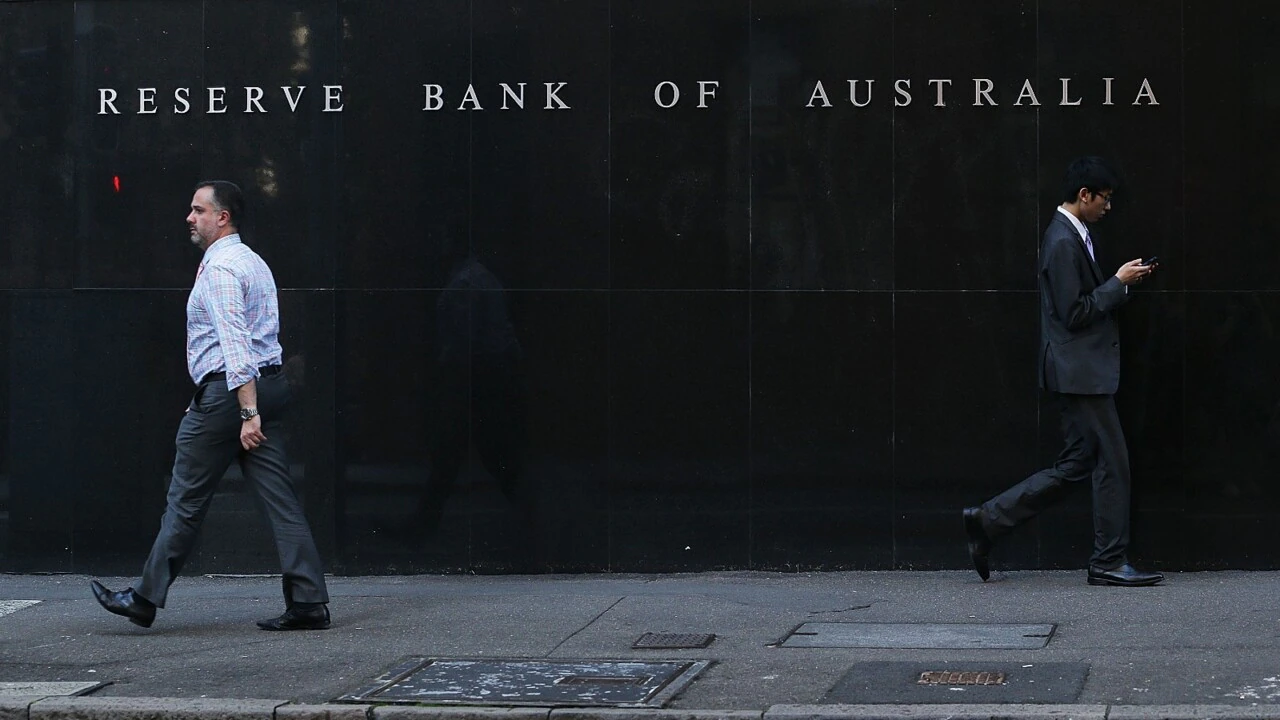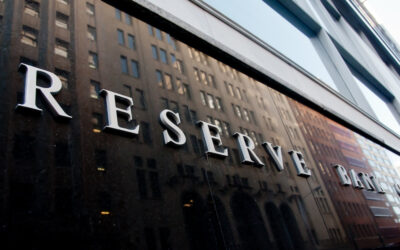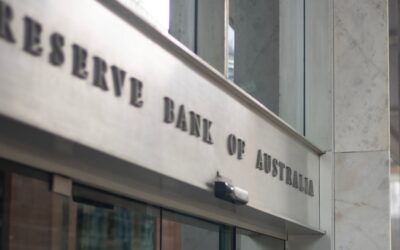In this article:

The RBA meets again this week for its first post-budget meeting of 2024. After the recent inflationary data from the ABS (Australian Bureau of Statistics) and the Federal Government’s budget announcement, it will surprise no one that economists are still debating whether rates will hold or hike, rather than drop.
While inflation has seen an overall decrease from the December ’22 peak of 8.4%, for many commentators it is still too high to banish the spectre of further rate hikes in the face of Australia’s weakening economy. So what’s it going to be?
It’s been a long time – is inflation really still high?
In spite of the RBA’s inflation fighting cash rate hikes, Australia’s inflation seems to be holding strong with quarterly inflation rising at the start of the year. Annualised inflation has been ‘sticky’, currently sitting at 3.6% p.a. but recently some are suggesting it’s more than that – that inflation might be experiencing a second wind.
What’s driving persistent inflation?
Sticky or not, several factors are causing inflation to remain above the 2-3% range the RBA is aiming for.
- Consumer Spending: Despite general belt-tightening, there’s still a significant number of Aussies spending, particularly in investments and essential services like rents, healthcare, insurance, and education.
- Goods Prices: Prices for goods continue to rise, further contributing to inflationary pressures.
- Wage Trends: While wage inflation appears to have peaked at 4.1%, it still plays a role in the broader inflation picture.
- Unemployment: Currently at 4.1%, unemployment rates are inching up, aligning with the RBA’s objectives.
Basically, spending continues. Even if the average Australian has tightened their belts considerably there are still many out there with plenty to spend and the data is showing it.
Investment spending in particular, is on the up, and the price of goods and services – rents, health care, insurance and education – continues to increase.
Importantly, however, the economic factors that contribute to our data on inflation are shifting. While other factors of the economy continue to rise, wage inflation may have peaked, easing to 4.1%. Unemployment, a key focus of the RBA’s concerns, is at 4.1% and continues to increase, just as the RBA was looking for.
As Westpac’s Economists pointed out recently, “At the least, what is needed is some understanding that the ripple effects of the pandemic are not yet over. It also needs to be understood that high inflation concentrated in a few categories is not the same thing as generalised high inflation.”
The recent federal budget has certainly muddied the waters for those commentators looking to get a clear read on Australia’s inflation ahead of the upcoming RBA rates meeting.
Treasurer Jim Chalmer presented the budget as having “a big focus on providing responsible cost-of-living relief.” But post-budget discussions have pointed out that core inflation is unlikely to budge with the financial boosts and rebates outlined in this budget. Some commentators even suggest it may increase inflation.
Other commentators, such as Mark Bouris and economist Stephen Koukoulas, see through budgetary shifts to suggest that inflation, and Australia’s economy, is shifting, if slowly and irregularly, inline with the RBAs forward projections.
So… what’s going to happen to the rates?
Warren Hogan, former Treasury economist, suggested current data might push the RBA into rate hikes when it meets next week.
And while economic theory might suggest that a rate rise should be on the horizon, other economists suggest that the new data remains within the RBAs forecast and it’s unlikely the current upwards shift in inflation is enough to broker an interest rate hike at a time of weak economic growth and unemployment increase.
As AMP deputy chief economist Diana Mousina puts it, “The Reserve Bank should really not even be talking about a rate hike at the next meeting at a time when the unemployment rate is going up.”
At this point it appears most speculators would agree. The ASX RBA Rate Indicator, a tracker that calculates the markets official cash rate expectations, shows a less than 5% chance of an interest rate decrease.
So while acknowledging that inflation continues in a few categories and tight monetary policy is likely still needed, the big four banks are not indicating that they see a hike on the horizon this June. It seems the banks maintain their predicted 4.35% cash rate this month.
| Bank | Predicted Cash Rate June 2024 |
|---|---|
| CBA | 4.35% |
| Westpac | 4.35% |
| NAB | 4.35% |
| ANZ | 4.35% |
Rates narrative affecting markets
With no real change on the horizon, what does this mean for the rest of us? Just how long will rates hold?
Even though the Treasury is now forecasting inflation could return to target earlier, it looks like rates will hold for at least another 6 months.
For borrowers, and those watching the housing market, it’s going to be a while yet before certainty re-enters the market. As Mark Bouris and Tom Panos, leading auctioneer and real estate trainer, pointed out, even though there was a ‘mini boom’ in the early part of this year as properties returned to the market, this period of sustained high interest rates has left borrowers and vendors alike in a holding pattern yet again.
Tom notes that it’s not so much the recent hold of interest rates, but the narrative surrounding the rate announcements that was bringing uncertainty into the market. The talk of hikes and extended holding periods leaves borrowers hesitant and has many vendors facing difficult decisions.
Owners struggling to hold onto properties with high monthly repayments will be looking for the light at the end of the tunnel this June, but they’re likely to need to hold on for a while yet.
As the RBA prepares for its June 2024 meeting, opinions remain divided on what the outcome will be. While some economists predict a rate hike based on current data, the consensus among major banks and several industry experts is that rates will remain unchanged. For mortgage holders and property investors, the current environment presents a valuable opportunity to strategise for the future by reaching out to an experienced mortgage broker, who can give you the tools and knowledge to get ahead.
*The information have been complied and are intended for informational purposes only. It is not intended to be comprehensive and does not constitute legal, financial or investment advice and should not be construed or relied on as such.



